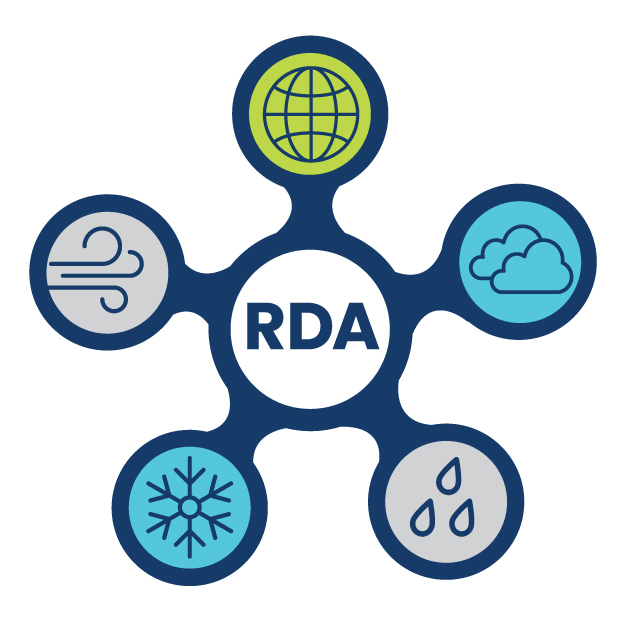
Lucas and Waliser Satellite ECT Corrected Daily, Pentad and Monthly Global OLR Datasets
d684001
| DOI: 10.5065/8AQR-9X55
This historical dataset is recommended for ancillary use only and not as a primary research dataset. It has likely been superseded by a newer, improved dataset.
This dataset contains daily, pentad and monthly OLR data in which the bias from varying satellite equatorial crossing times (ECTs) has been estimated and then removed. This was done by starting with the twice daily 2.5 degree NCEP/NOAA OLR archive for 1974 through 1999. The ECT biases caused by afternoon satellite orbital drift AND the abrupt transition from a morning satellite to an afternoon satellite were estimated separately and then these estimates were removed.
| Longwave Radiation |
Latitude Range: Southernmost=90S Northernmost=90N Detailed coverage information Detailed coverage information 2.5° x 2.5° from 0E to 357.5E and 90N to 90S (144 x 73 Longitude/Latitude)
 This work is licensed under a Creative Commons Attribution 4.0 International License.
This work is licensed under a Creative Commons Attribution 4.0 International License.